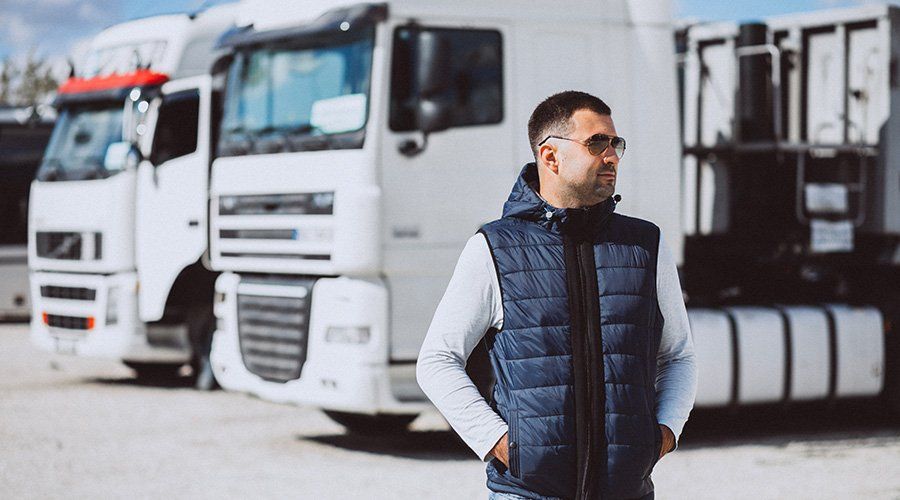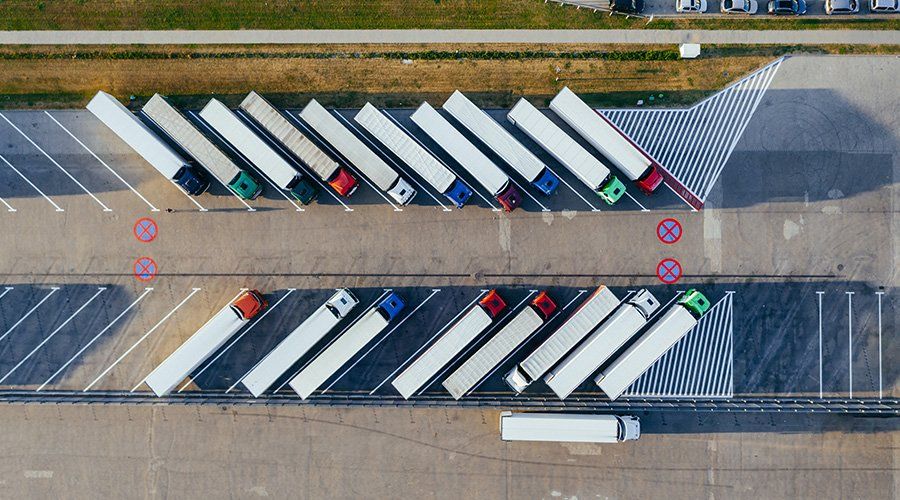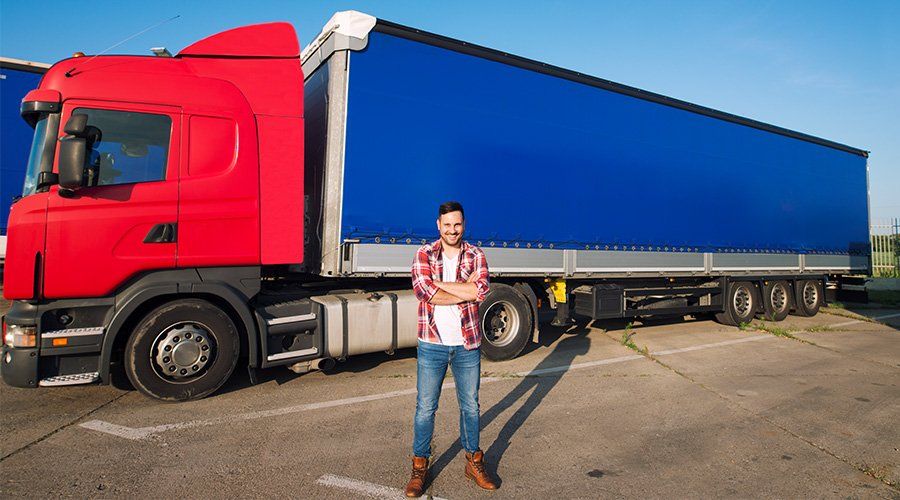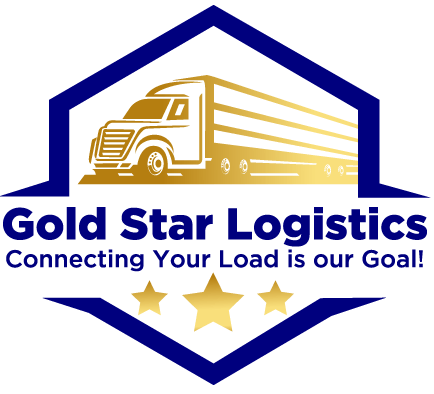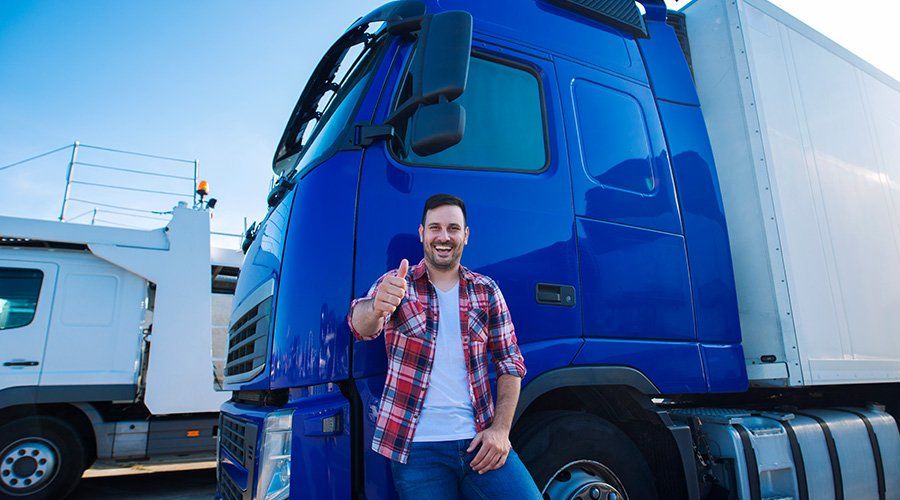
Regular truck maintenance is one of the most cost-effective strategies you can put in place at your company. It’s a money saver for multiple reasons: it lessens the frequency of costly repairs, it lessens the downtime associated with unexpected trouble, and it lessens the likelihood of accidents. Documenting your expectations with a commercial vehicle maintenance checklist, and backing it up with a clear schedule, is step one.
Keep in mind that the FMCSA requires documentation of maintenance records for each vehicle in your fleet, whether you’re running a one-truck operation or you have a full lot. To remain compliant, each vehicle is required to have one year of documented and planned service onboard at all times.
If you’re using a fleet management system, you can use it to remind you which trucks need to be serviced when. If you’re not using a fleet management system, build a digital calendar that can trigger a notification to keep you up-to-date on all maintenance tasks.
Your goal is to keep your drivers safe and to keep your drivers on the road. Avoiding roadside emergencies (link to “4 Ways to Help Drivers Handle Roadside Emergencies”) is step number one. Here are a few things you should prioritize along the way.
Schedule Preventative Truck Maintenance
Much like taking care of a personal vehicle, staying on top of your preventative maintenance tasks will save you money in the long run. Preventative maintenance for a commercial vehicle involves the same type of work as is needed in your car: checking fluid levels, cleaning, oiling, and replacing parts that wear down with regular use, like brakes, tires, and filters.
By staying ahead of these fixes, you’re mitigating the likelihood of larger, more costly repairs. In fact, it can be 4 times more expensive to fix emergency repairs than it is to complete preventative maintenance.
Create a digital schedule for your fleet. Your
commercial vehicle maintenance checklist should include: oil and filter changes, transmission fluid, tires, wheels and rims, braking systems, steering and suspension systems, exhaust systems, engine and transmission mounts, cooling systems, drive shafts or CV joints, undercarriages and frames, horns, seatbelts and seat structures, exterior and interior lights, windshield wipers, auxiliary systems, and fuel systems.
Keep Your Tires Healthy
While tire checks should be part of your preventative maintenance, they often require a bit more attention than other parts of your trucks. Overinflated tires are more prone to blowouts, which means potential accidents and downtime that eats up money. Underinflated tires
cost up to 3.3% more fuel, and in a business like transportation, fuel costs really matter. Train your drivers to be aware of their tires, and include these items on your commercial vehicle maintenance checklist: regular tire rotation, wheel alignment, consistent tire pressure, and clean wheels and tires.
Clearly Outline Responsibilities
To make truck maintenance a priority at your company, it’s important that you clearly outline who owns which responsibilities. If your team is large enough, consider hiring a person dedicated to fleet maintenance. This person can be responsible for maintaining inspection schedules, documenting maintenance, and either completing or scheduling maintenance.
Likewise, your drivers should hold a level of the responsibility, too. They are the ones in the trucks, and they know them best. Make clear what you expect of your drivers, like checking the oil and tire pressure when on the road. Apps exist that allow drivers to digitally document their routine vehicle inspections, too, to simplify this process. Curious to know what else you can do to make your company the best it can be? For years, Gold Star has helped trucking companies excel. With dispatching services, consultative sessions, mentoring programs, and full business set-up, we’re your one-stop-shop partner.
Check out what we have to offer, and then let’s chat about how we can help.
